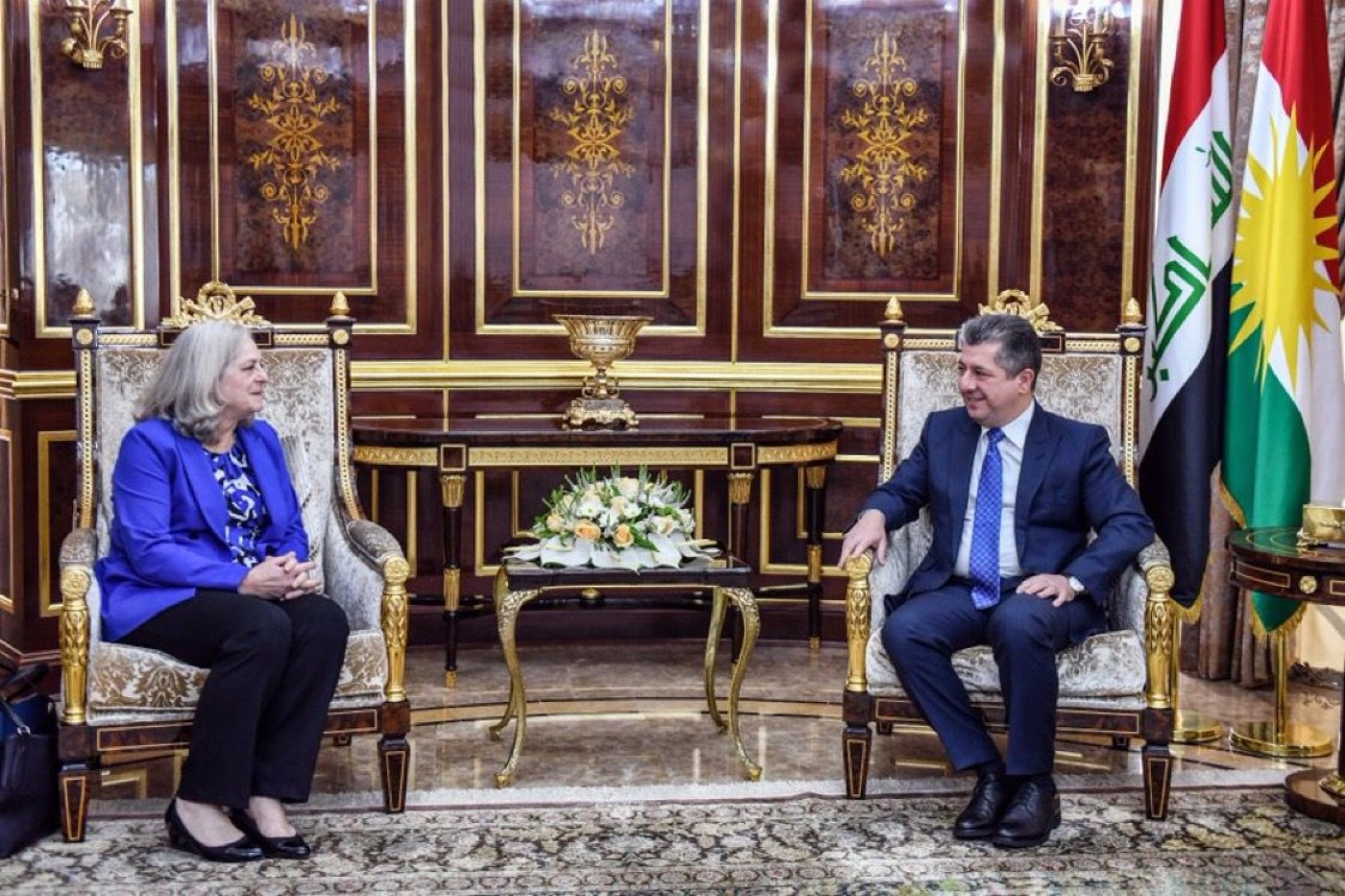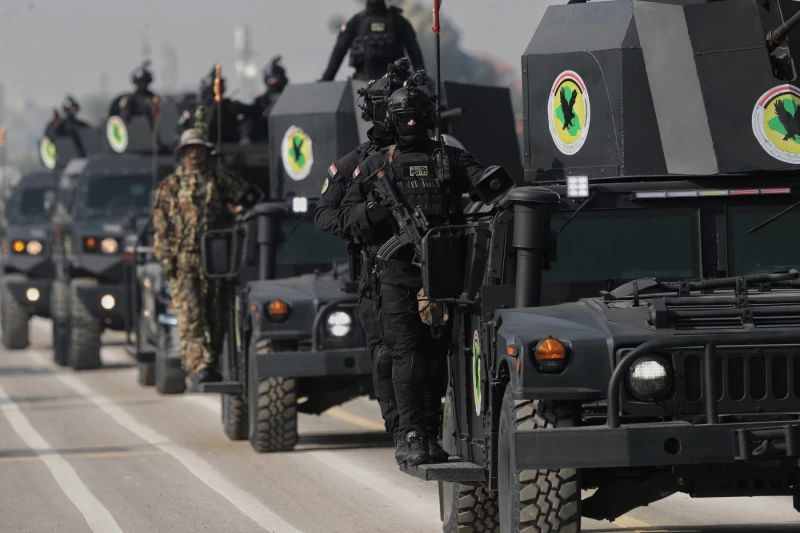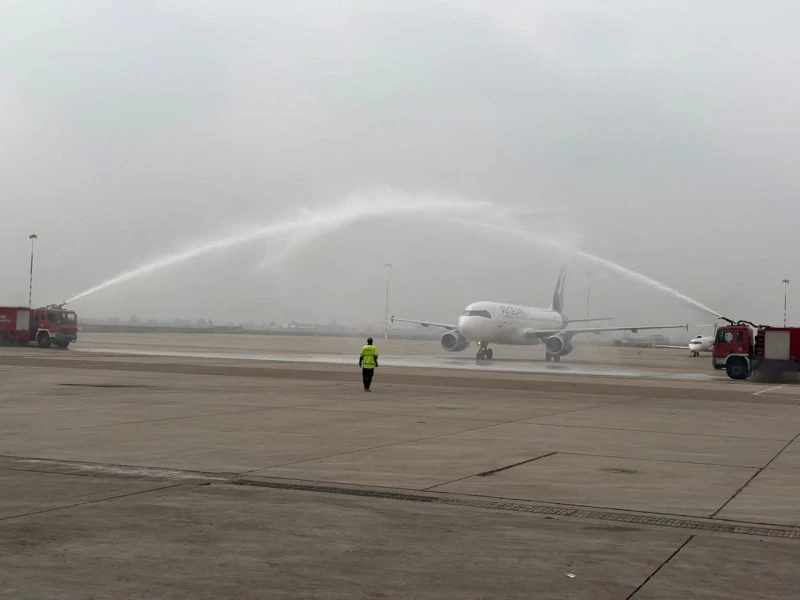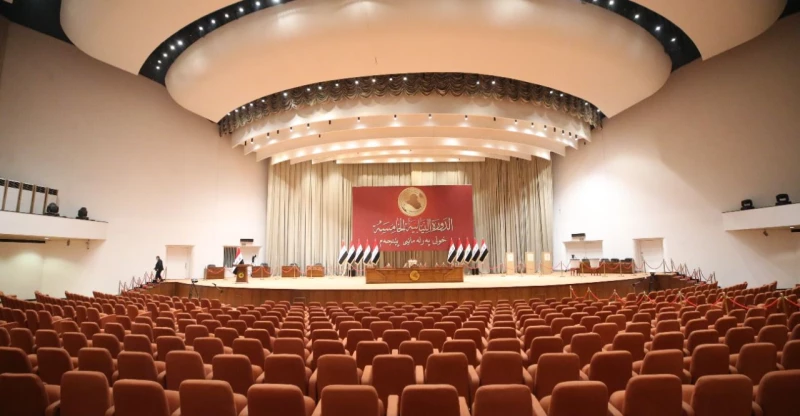ERBIL, Kurdistan Region of Iraq - The Kurdistan Regional Government (KRG) has been calling for “lawful” and “legitimate” elections for the past two years, the Region’s Prime Minister told the US Ambassador to Iraq on Saturday.
“Prime Minister Masrour Barzani stressed that KRG has called for elections for two years, in a process that is lawful, legitimate and constitutional to ensure fair, transparent and credible elections,” read a statement from the PM’s office on his Saturday meeting with Ambassador Alina Romanowski.
“They agreed on the need to address challenges and barriers to the election process,” the statement added.
The fate of the Region’s elections, scheduled for June 10, remains unclear amid tensions between leading political parties.
The Kurdistan Democratic Party (KDP), who for years has ruled the Region, earlier this month announced that they would withhold from participating in the elections, defining it as “pre-designed”.
“Our decision is that we are not participating in a pre-designed election by an unconstitutional body which is called the federal court in Iraq,” KDP politburo member Hemn Hawrami told The New Region in an interview last week.
In an exclusive interview with The New Region, #KDP politburo member @heminhawrami discusses his party’s latest stance, political process in #Iraq, and Federal Supreme Court rulings.#TheNewRegion #EXCLUSIVE #Kurdistan pic.twitter.com/0e2jOcDQ7b
— The New Region (@thenewregion) March 25, 2024
The KDP’s decision comes in light of a February Federal Supreme Court ruling that removed 11 minority quota seats from the Kurdish legislature and further ruled that the Region’s elections be held over four constituencies as opposed to one.
The court’s ruling came as a result of a lawsuit by the Patriotic Union of Kurdistan (PUK) and another Christian party in Sulaimani filed against several articles from the Kurdistan Region’s electoral law.
The PUK had previously claimed that the Kurdistan Region’s ruling KDP uses those quota seats for their benefit, increasing their dominance in the parliament. The KDP has on several occasions denied such claims.
The Kurdistan Region was initially scheduled to hold elections in October 2022, but they were later pushed to November 2023 due to disagreements between the Region’s political parties over the electoral law.
Following a verdict by the court in May 2023 against the Regional parliament’s self-extension of its tenure by one year, the election dates were once again delayed, this time to February 2024, however delay in the court’s rulings in February led to an extra delay of the election date, this time to June 10.
Addressing tensions between Erbil and Baghdad, PM Barzani “reiterated that the Kurdistan Region has met all its constitutional duties and its constitutionally defined rights must no longer be violated,” the statement read.
The statement further added that the US Ambassador “expressed her support to resolving disputes between the Kurdistan Region and the federal government through dialogue and based on the constitution of Iraq.”
The KRG had for years relied on oil exports to pay its civil servants, however a halt in oil exports and budget disagreements with Baghdad has led the government to take austerity measures and oftentimes unable to independently fund the salaries of its civil servants.
Exports of the Kurdistan Region’s oil through the Turkish Ceyhan pipeline was halted in March 2023 after Ankara lost a case against Baghdad in a Paris-based arbitration court. The case accused Ankara of breaching a 1973 agreement by allowing the Kurdistan Regional to start selling oil independent of Baghdad.
The ruling ordered Ankara to pay $1.5 billion to Baghdad in compensation for breaching the agreement, however Turkey responded by halting exports through its pipeline.
The Kurdistan Region previously exported just under half a million barrels of oil, including around 75,000 barrels from federal control fields in Kirkuk, on a daily basis through the Ceyhan pipeline, however ten months of halted exports has dealt a large economic blow to both the Kurdistan Regional Government (KRG) and foreign oil companies working in the Region.
Several rounds of talks and negotiations have been held between the Iraqi government and the KRG since, however oil exports are yet to resume, putting the KRG in a tough financial situation.



 Facebook
Facebook
 LinkedIn
LinkedIn
 Telegram
Telegram
 X
X


